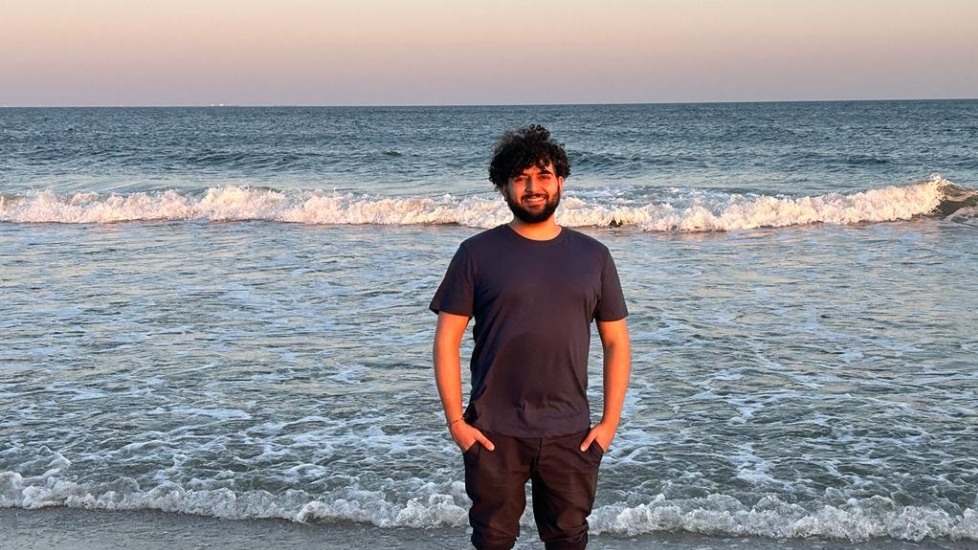The Deans’ Faculty Fellows program selects students for a two-semester appointment as Visiting Assistant Professors, following the completion of the Ph.D. degree. In this spotlight, Samee Sulaiman discusses his work as a Deans' Faculty Fellow in Anthropology focusing on health and war-related disabilities.
"My dissertation, titled 'States of Doubt: Disability, Mobility, and Crisis in Lebanon,' explores the myriad challenges that disability activists have faced during, and in the aftermath of, the Lebanese civil war (1975-1990), which left over 120,000 dead and 100,000 permanently disabled.
Since its independence from French control in 1943, Lebanon has maintained a sectarian system of power based on quotas, which both precipitated the civil war and was maintained in its aftermath defining much of Lebanese politics since. The disability rights movement began with the founding of the Lebanese Sitting Handicapped Association (LSHA) in 1981, the first disability organization run by disabled people in Lebanon, six years into the civil war which became a catalyst for the movement as the number of disabled by injury rapidly rose.
Disability activists sought to fight against the relegation of disabled people to the private sphere – within their homes as well as rehabilitation institutions run by the same sectarian leaders and parties who were the main belligerents of the war. Radical for its time, LHSA was founded as a non-sectarian organization and embraced all disabled Lebanese citizens regardless of sectarian or political affiliation at a time when disabled people were excluded from all aspects of social, economic, and political life in their own communities.
I am currently teaching 'Disability and Culture in the Past and Present' this semester. Next semester I will be teaching 'Culture and Health.' Both courses will reflect on critical issues in the present moment as both disability and health are important windows through which one can understand the consequences of war."
